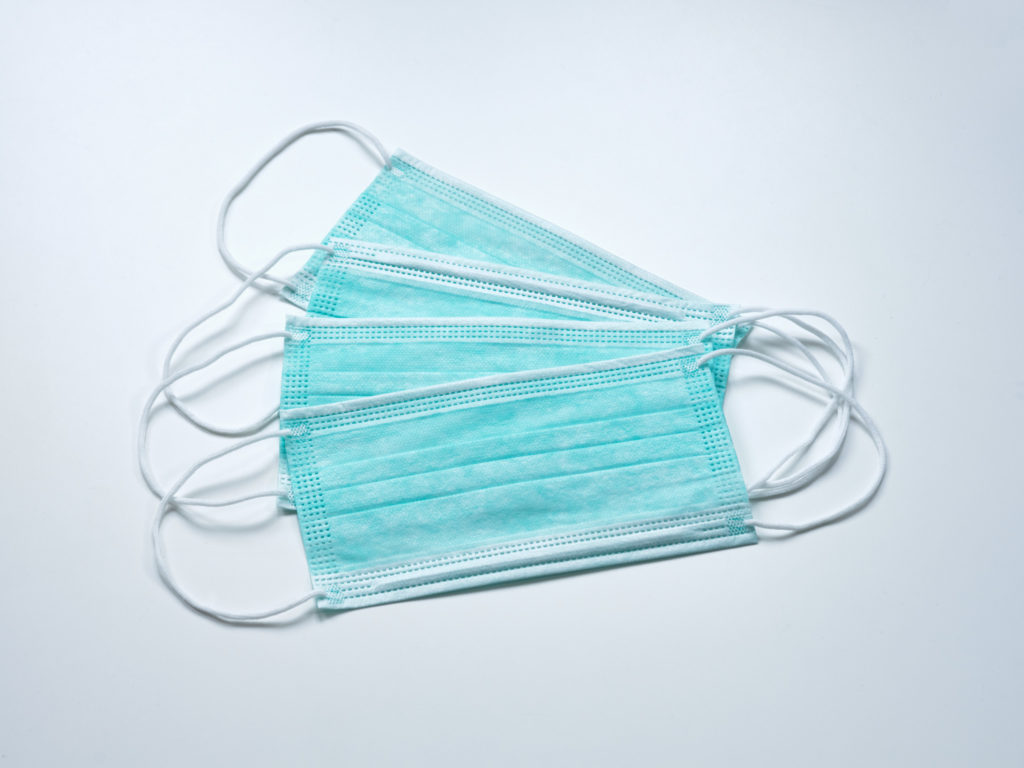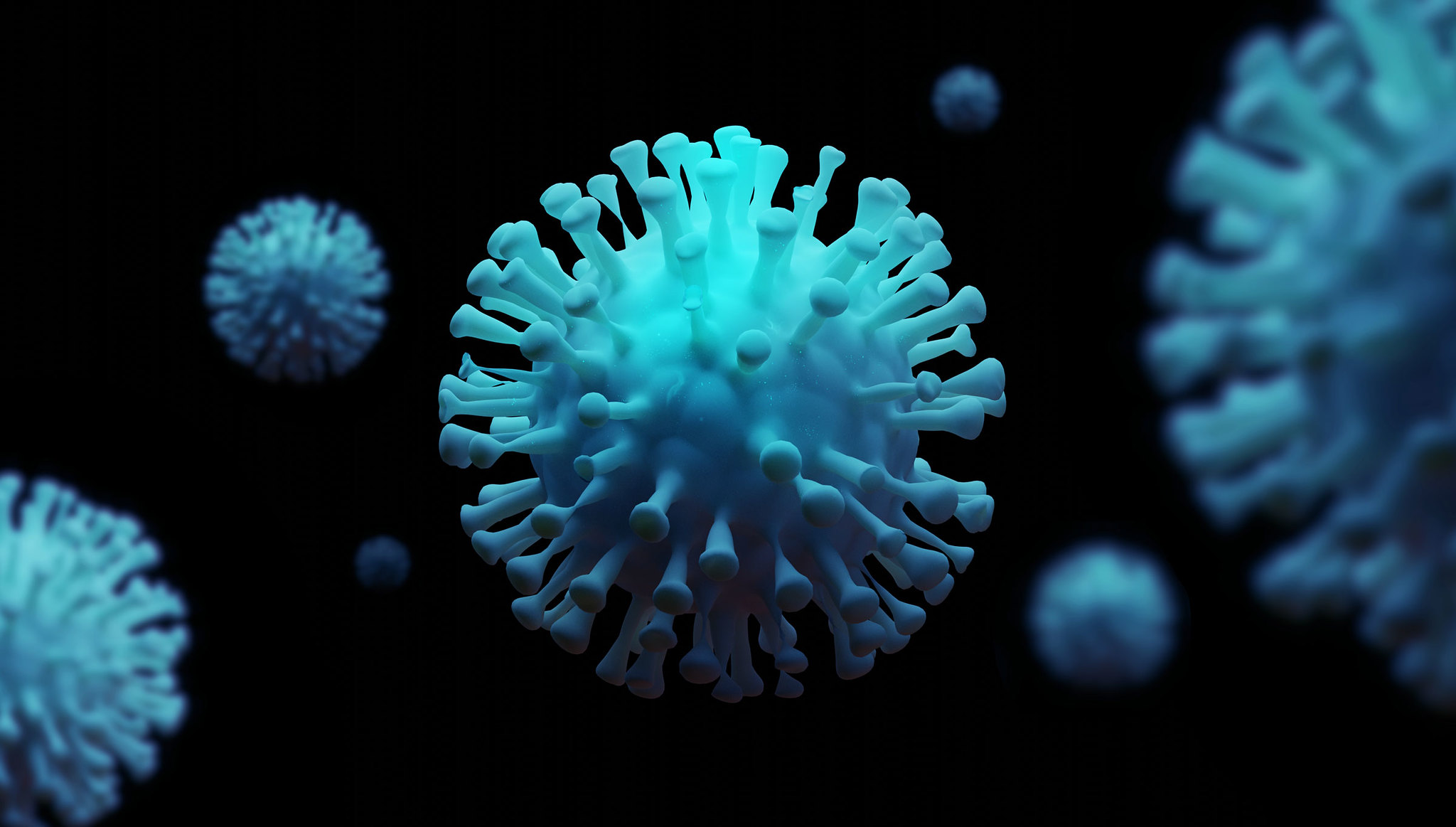Previously at the Clarion, reporter Jackie Kasner wrote an article on Feb. 20, 2020, highlighting how the coronavirus was at the time and how we should be less alarmed of it than the flu. Times have changed and it has come to the U.S. hard. Never would we have thought to be quarantined like this – let alone see the world like this. However, Jackie once more presents a question: ‘should we worry about the coronavirus?’
If you Google search COVID-19, it went from being an SOS alert to a search where there are multiple sources of information being down, from several news articles to tweets from health authorities to health information. This outbreak is real, yet comes with the increase of false and unreliable news.
“The more time you spend in an area with poor circulation, the risk of infection goes up,” said Dr. Erica Mersfelder, associate professor of Biology at Sinclair. “[The virus] enters through the respiratory tract primarily through the inhalation of droplets and smaller airborne molecules called nuclei. Ingestion, on the other hand, is not a known mode of transmission; however, due to the interconnectedness of the eye with the nasal cavity, transmission to the eyes is possible.
One of the ways to prevent the spread of the virus is by wearing a mask. Masks can protect you and other people from inhaling the respiratory droplets, which everyone produces.
“We need to really focus our attention on wearing masks,” said Dr. Mersfelder. “A study just came out from UC Davis, stating that wearing a mask reduces your own risk of contracting COVID-19 by 65%. We can do a lot better.”

There is a possibility that someone may even have the coronavirus and be asymptomatic, which is why wearing a mask is important. These survivor stories showcase how the coronavirus impacted their lives and has occurred to people in so many different ways.
“You can have [the virus], experience no symptoms and still be contagious,” said Dr. Mersfelder. Here are some of the best ways to avoid coronavirus: avoid close contact with people who are sick, stay at home if you are sick, avoid touching your face, washing your hands with soap and water, and frequently cleaning touched objects.
There are many symptoms of the coronavirus, including the basic ones like cough, fever and body aches, but there also are uncommon ones, such as gastrointestinal pain, which typically occurs in children, headache, dizziness, loss of taste/smell and more.
Even though the coronavirus still has less cases than the flu, the coronavirus can possibly cause complications, such as damage to the lungs, heart, kidneys, brain and other organs after a severe case. The flu, on the other hand, can cause an inflammation of the heart, brain or other muscles, but has a vaccine unlike COVID-19, which is a single strand with multiple vaccines that have yet to be released to the public.
“I am very happy with the steps Sinclair is taking to keep students and staff safe. I feel President Johnson and his team have really taken into account the concerns of both Sinclair employees and students when devising our reopening plan. I am more grateful than ever to be teaching at Sinclair,” said Dr. Mersfelder. “We are very lucky that we already had fantastic online courses and programs. This has made it easier for us to keep a lot of students learning from home during the pandemic.”
Jackie Kasner
Reporter


